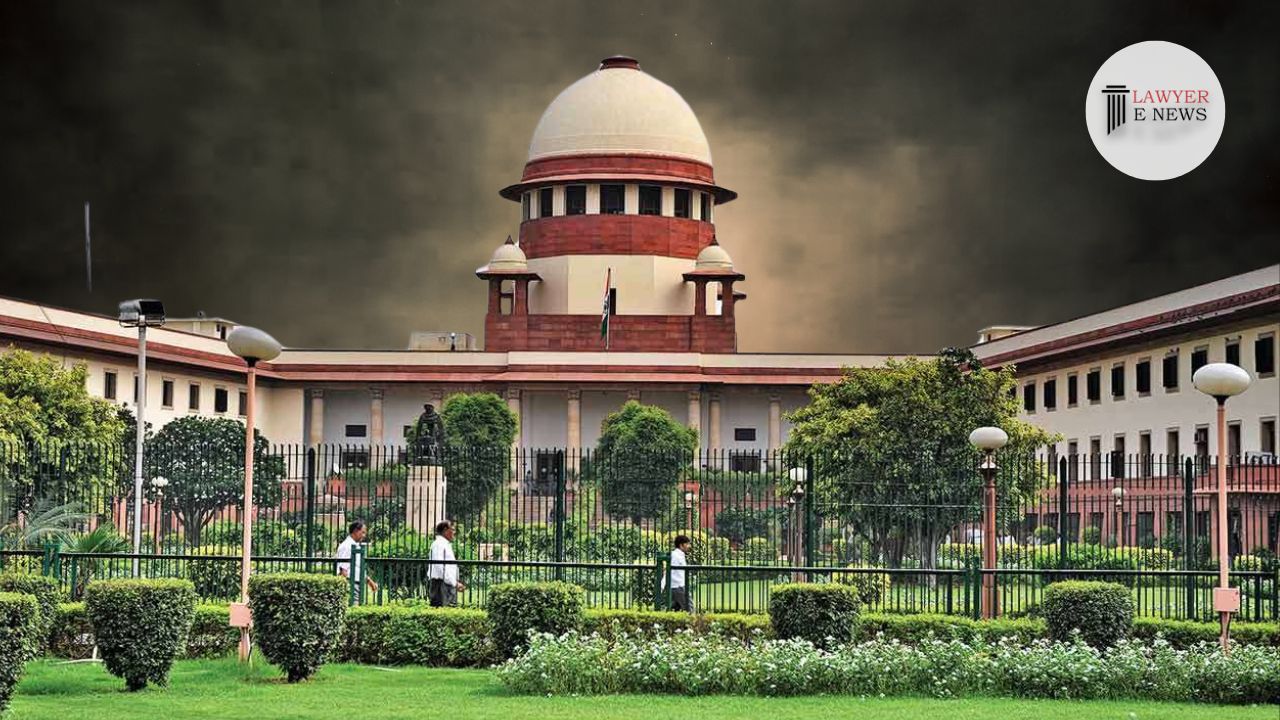-
by Admin
15 February 2026 5:35 AM



On April 20, 2023, the Supreme Court of India dismissed a batch of appeals that had challenged the orders of electricity regulatory commissions and the Appellate Tribunal for Electricity (APTEL) in connection with the payment of compensation for ‘Change in Law’ events in the electricity sector. The bench, comprising Justices B.R. Gavai and Vikram Nath, observed that the appeals had been filed for the sake of filing them and that several rounds of litigation had taken place in some of the proceedings.
The appeals arose out of concurrent findings of fact arrived at by two statutory bodies having expertise in the field. The performance of electricity boards had deteriorated due to various factors, leading to the enactment of the Electricity Act, 2003, which delicensed generation and freely permitted captive generation. The Act sought to strike a delicate balance between the interests of the producers and generators of electricity, who were entitled to a reasonable margin of profit and a reasonable return on their capital, and the interests of the end consumers.
The present batch of appeals involved claims for compensation on account of ‘Change in Law’ events such as the imposition of taxes and duties, changes in regulations, or other events beyond the control of the power producers. The power purchase agreements (PPAs) between the power producers and distribution companies (DISCOMs) provided for a mechanism for the payment of compensation in such cases.
However, despite the well-reasoned concurrent orders of the regulatory bodies and the APTEL, DISCOMs and power producers filed appeals, leading to unnecessary and unwarranted litigation. The non-quantification of dues by the regulatory bodies and the untimely payment of dues by the DISCOMs added to the burden of the end consumers, who had to pay higher charges on account of the carrying costs passed on to the power producers.
- Litigation after litigation in cases where well-reasoned concurrent orders are passed by the regulatory bodies and the APTEL ought to be avoided.
- The appeal to the Supreme Court under Section 125 of the Electricity Act, 2003, is permissible only on substantial questions of law.
- The prices at which electricity is purchased from independent power producers are substantially lesser than the power purchased from state generating companies.
- The Union of India, through the Ministry of Power, should evolve a mechanism to ensure timely payment by the DISCOMs to the generating companies, which would avoid huge carrying costs to be passed over to the end consumers.
- The Union of India, through the Ministry of Power, should also evolve a mechanism to avoid unnecessary and unwarranted litigation, the cost of which is also passed on to the ultimate consumer.
In view of the above observations, the Supreme Court dismissed the appeals and appealed to the Union of India to take appropriate measures to avoid unnecessary and unwarranted litigation and to ensure timely payment by the DISCOMs to the power producers.
GMR WARORA ENERGY LIMITED VS CENTRAL ELECTRICITY REGULATORY COMMISSION (CERC) & ORS.
